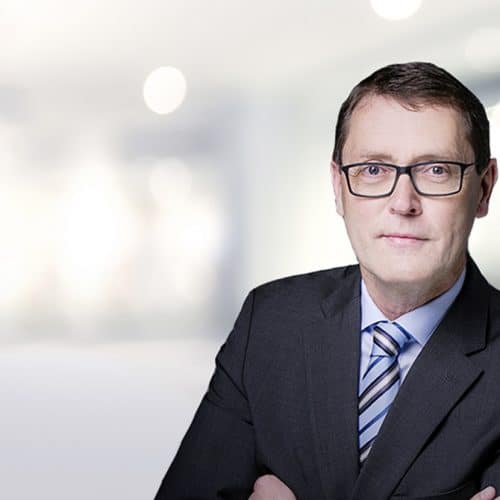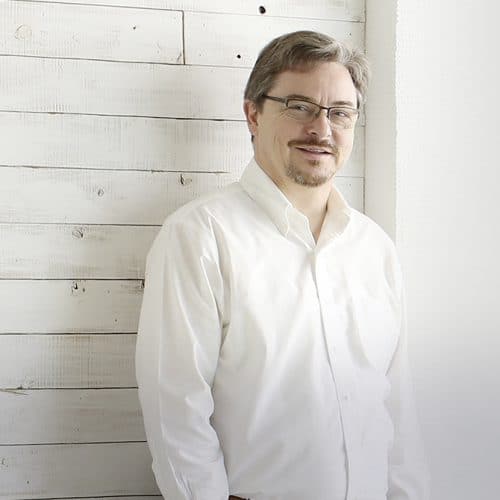Échanges commerciaux avec l’Afrique : « Il y a toujours une solution »
Compte tenu de l’impressionnante croissance économique de certains pays émergents au sud du Maghreb, Militzer & Münch étend ses activités…
« Je me suis rapidement rendu compte que, dans cette profession, je dois constamment me réinventer »
Lauriane Boyer a rejoint Militzer & Münch France onze ans auparavant. En tant que directrice Air & Sea chez Militzer…
“Employees are our greatest asset”
Hristo Marinov, 46, started at Militzer & Münch in Bulgaria in 1996. Today, he is Deputy CEO of M&M Militzer…
Seasons greetings
Merry Christmas and a Happy New Year! As the Christmas holidays are drawing near, we wish you joyful, restful days…
M&M Tajikistan: best of the year
Dushanbe. First prize for M&M Tajikistan: the team under Managing Director (MD) Aziz Sharipov won the official competition for best…
Militzer & Münch : croissance en Chine
Militzer & Münch intensifie ses activités en Chine, avec des employés plus nombreux et de nouvelles agences. Grâce à un…
С высокой мотивацией на будущее
«Новые рынк», «Индустрия 4.0 на Новом Шелковом пути» и «Новое управление рисками» – онлайн-презентациями на эти разнообразные темы завершилась 10…
« Notre équipe est à la base de notre réussite »
Cette année, Paata Kacharava célèbre un anniversaire très spécial : il y a 25 ans, en juin, il a commencé…
"Flat hierarchies give us space to implement ideas"
Holger Seehusen is a member of the Militzer & Münch Group Management and Managing Director of the German M&M air…
"Anyone who is content with the status quo will quickly be left behind"
Andreas Löwenstein has 28 years of experience in logistics. He has been working for Militzer & Münch since December 2019…
"We are able to react to a crisis fast and appropriately"
Alexei Kovalenko, Guillaume de Laage de Meux and Nikolaus Kohler – as members of the Group Management of M&M Militzer…
“We Are the Experts for Difficult Markets”
The Militzer & Münch Group aims to continue on its growth path in the coming years. In an interview, Alexei…
"Logistics is an essential part of a company’s success"
As Managing Director of the courier and express service provider EMEX Kazakhstan, Tatyana Vorobyeva is familiar with the challenges and…
Top performance every day
Since 1996, Olivier Antoniotti has been responsible for M&M Militzer & Münch Maroc S.A. as Managing Director. He has substantially…
“We’ve come a pretty long way”
Wojciech Łyżwiński has been with Militzer & Münch Poland for more than a quarter-century. This year will be his last…
Deeply rooted in Eurasia
What are the current customs regulations between Belarus and EU? How to transport temperature-sensitive goods safely from Asia to Europe?…
“I am aware of my great responsibility.”
Russia is not only the largest country in the world by surface area, it also shares land borders with 14…
Militzer & Münch France in best hands
Guillaume de Laage de Meux (48) joined the Militzer & Münch Group twelve years ago. He is now Managing Director…




















